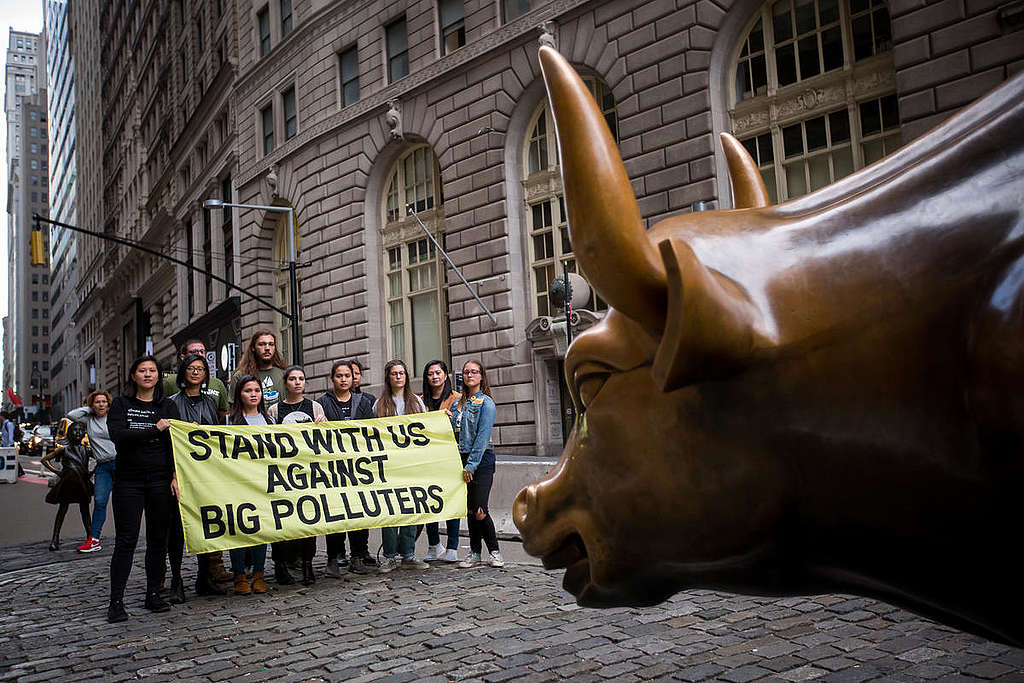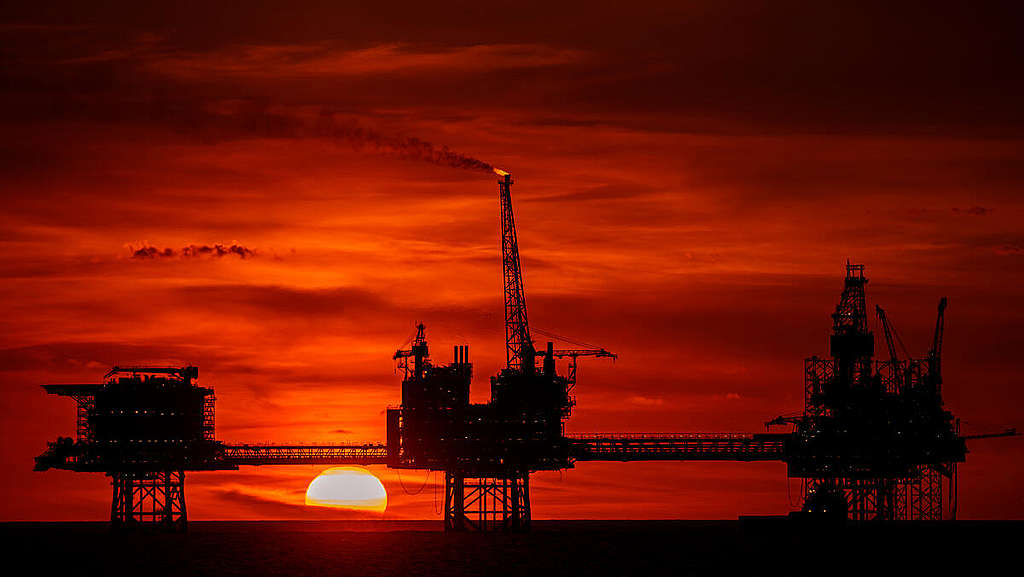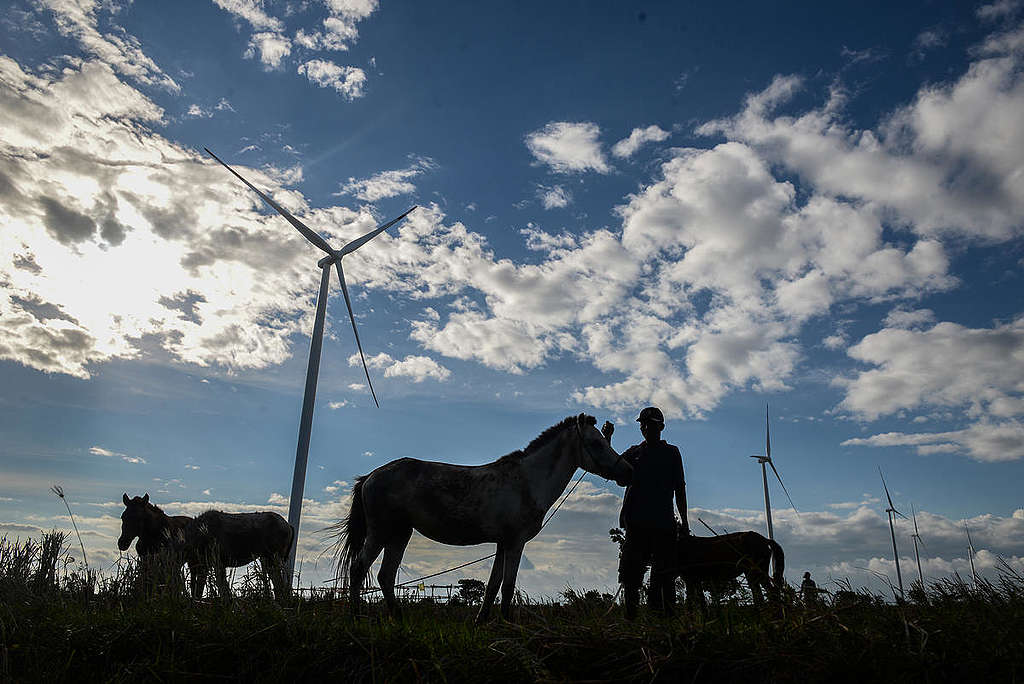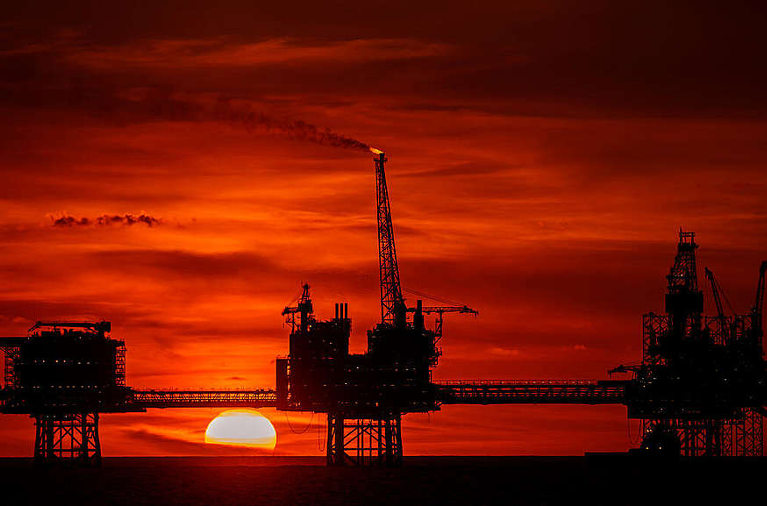Nate Hagens is a former editor of the Oil Drum website that discusses the implications of resource limits, he founded the Institute for the Study of Energy & our Future, taught a popular class at the University of Minnesota, “Reality 101,” on the human ecological predicament, and now produces two of the most popular environmental podcasts: The Great Simplification, in which he interviews knowledgeable ecologists and resource analysts, and Frankly, his personal reflections based on what he has learned from the various experts. Hagens was born in Milwaukee, Wisconsin in 1969. Since his family moved frequently, following his father’s military doctor career, young Nate often felt isolated and took solace in his walks in nature. He became a Vice President at Salomon Brothers investment firm, and then experienced an ecological epiphany, left Wall Street, and began his career in energy and ecology analysis. I caught up with Hagens at his home in Minnesota to talk about his personal journey and environmental insights.
How did you get into the financial business?
After high school, I wanted a high paying job to get a better apartment, nicer car, all that superficial stuff, so I studied business in university, with a minor in Chinese language. Before grad school, I went to China for a year and experienced first hand that most of the world does not live as we do in the US. In China, I felt the first seed of recognition that perhaps our environmental predicament was linked to energy consumption.
Then, I got my MBA at the University of Chicago. I must admit, studying arcane economic formulas felt narrow and lifeless. My first job at Salomon Brothers was to call anyone that had over $100 million in assets, and sign them up as investment clients. Other than great food, I hated life in New York. I found stocks boring, so I focused on bonds, currencies, commodities, swaps, and derivatives.
What happened? You had some kind of epiphany. How did you realize that physical limits and ecology were the big issues?
I had a love for the natural world from childhood, but I came across the work of Herman Daly [Steady State Economics], and then met him. He just passed away recently. He had a giant mind and a bigger heart. As an economist, he dedicated his life to solving human problems, he more or less invented ecological economics, and he inspired me to look more deeply into energy and environmental limits as keys to all economy.
One of my clients was interested in oil futures, so I researched oil and energy in general. During two years of grad school in finance/economics, I don’t recall the word “energy” ever being mentioned. As I dug into oil and its role in our economy, I experienced three critical realizations:
One, I realized how powerful the oil resources were; secondly, I saw how our entire economic system relied on energy, even though no one talked about it; and finally, I understood that fossil hydrocarbons would peak and decline in my lifetime.
Connecting these three dots was a gut punch for a 27-year-old who had chosen a Wall Street career. Our entire human economy depended on a resource that was soon going to decline.
My next epiphany arose from learning about “externalities,” that environmental damages by human activity were not even included in our economic theories, nor in the prices we pay for things. My interest in oil and human systems became an obsession. I realized that the energy crisis would also be an economic crisis. I spent more time studying energy than I did finding new clients or studying the markets, so in 2002 I gave my clients their money back, left Wall Street, and began educating myself on ecology and energy full time. Two years later, I decided if I was going to spend 40-50 hours a week learning about energy and human systems I might as well get a PhD, so I enrolled at the University of Vermont and got my doctorate in Natural Resources.

Activists hold a banner in front of the “Wall Street Bull” to represent communities standing up to the world’s biggest oil, gas, and cement companies most responsible for the climate crisis.© Michael Nagle / Greenpeace
That is a curious flip. Now you’ve created a career for yourself as a public intellectual, addressing our ecological crisis and energy future. You call your podcast “The Great Simplification?” Explain that idea:
The story we face can be understood by a sixth-grader. In fact, the more education and social conformity one undergoes, the more the consensus trance pulls one away from the simple truth of our situation. Here is what my studies have revealed to me:
We are a social species that self organizes around energy and material surplus.
Of all the inputs to our economy, energy is the largest and most important. To operate the human economy for a single year, we use about 100 billion boe [barrels of oil, equivalent] of fossil carbon and hydrocarbons.
Energy and GDP are over 99% correlated. Materials and GDP are 100% correlated. The hope that we could globally decouple energy and materials from our economy is delusional. Some regions, the US and Europe, are decoupling energy and GDP but have achieved this by exporting their energy-intensive industries to Asia. Globally, energy use and carbon emissions continue to rise.
The energy surplus, primarily fossil fuels, but any energy surplus, enables complexity – global supply chains, trade, electronics, gadgets, growth, networks – all requiring not only cheap energy but more energy.
However, the complexity built up over past centuries will reverse in the coming century. That was my critical realization. This historic reversal is what I call “The Great Simplification.”
Now, we want to replace oil for global warming reasons and embrace a transition to renewables. Will this offset the reversal of fossil energy?:
Not so far. As we have built new energy infrastructure, we have not slowed fossil hydrocarbon extraction, and our extraction technologies are evermore destructive. We’re now fracking source rock and digging into the Canadian tar sands, creating more ecological destruction. Historically, energy transitions take centuries, and we have never stopped using any energy source; we only add new energy sources, as we are doing now. The evidence suggests we need to embrace a world of less energy, not just of different energy.
Conventional oil has already peaked and is in decline. Furthermore, hydro dams, solar panels, and wind turbines require the entire global fleet of fossil energy machinery to make steel and cement, to mine and transport the necessary minerals. This may one day change but as of now producing solar panels with solar panels is not something that’s in sight.
To avoid an economic crash, governments and banks print money and financial guarantees to keep our consumption at high levels. However, money is ultimately a claim on energy, and debt is a claim on future energy. As a global culture, we have amassed over 350% of our annual GDP in debt, a debt still growing, which ultimately will not be paid back in the era of less energy.
Meanwhile, even though many people know or intuit these facts, we primarily self-organize — as individuals, families, small businesses, corporations, and nation states — to accumulate profits, 99% tethered to energy, 100% tethered to materials, 80% tethered to carbon. In effect, we have become a blind, hungry “amoeba” – an unseeing uncaring superorganism that is out of the control of politicians, billionaires, voters, or institutions.

The sun sets behind Total’s Culzean Platforms located in the Culzean Field. Culzean is a gas condensate field located in the British North Sea, 230 kilometres off the coast of Aberdeen.© Marten van Dijl / Greenpeace
Explain why debt is a claim on future energy?
All global governments and institutions expect approximately 3% annual growth into the future. This growth is necessary to pay the interest on the world debt. At 99% energy tether, even allowing for unprecedented efficiency gains, this means the global economy — and energy demand — will double in size in the next 30 years and will double again in the following 30 years. If those growth expectations are to be realized, if the debts are to be paid, energy will be required at increasing levels, and a 15-year-old human today would expect a quadrupling in the energy/material footprint of humanity by the time she reaches 75.
My work suggests that even the next doubling will not occur in the face of very real energy, material, and environmental limits. The moment we are no longer able to grow sufficiently to service debt and financial claims, there will be a musical chairs moment in global financial systems.
Debt or “credit” allows us to consume resources today that without credit would still be available in the future. We are producing things that we’d not be able to produce without debt. The implication is that once the markets no longer trust that governments can be fiscally responsible or that growth can’t continue, we have a sharp reduction in economic output akin to the 1930s. This will be the beginning of the Great Simplification, the largest event ever encountered by a global human culture.
To some people, that will sound depressing.
We can still take meaningful action at many scales. This simplification is a likely characteristic of the human future. If we accept this and prepare for it, we can mitigate some of the harm to society. If we ignore reality, our progeny, and other species’ progeny, will suffer more. We need to wake up to Earth’s ecological limits. We need to start shedding frivolous consumption, especially, of course, in wealthy nations. This won’t likely happen at national scales but at individual/local scales it will lead to resiliency.
Globally, most people, even as they learn about these issues, are not really concerned about climate change, energy depletion, etc. Most people are concerned about their livelihood, concerned about their built identities, their personal circumstances. The Great Simplification story is threatening to almost all built identities, making it unpopular and difficult to scale up preparations or even to talk about. To many, the ecological crisis feels complex, threatening, abstract, in the future, and has no easy answers, so few people even talk about it.
I’ve learned to pull back on telling the whole story as there is a tradeoff between being accurate and being helpful to people. I’ve also learned that there is a ‘glass ceiling’ on passing this information upwards in the social hierarchy. High status humans don’t like to hear this message, mostly because they were elected or got rich during the era of growth expectations. Since there are no easy or profitable solutions, most high status humans don’t want to tackle it.
In your podcasts, you talk with other global analysts and activists who share some of your assessment. What have you learned?
I recently learned that US oil production is in more trouble than I thought. In the rush to make the US “energy self-sufficient,” which has failed, we’ve effectively been “draining America first.” We’re now fracking to get tight oil from source rock, a process that depletes at 80% in the first 2 years. Thus, the industry continually needs to find new places to drill. The amount of resource hasn’t changed, we’ve just developed a larger, wider straw for sucking the oil from the Earth. We keep getting liquid out for now, but we will get short warning before we hear that slurping sound.
The serious ecologists I’ve talked with have helped me understand that climate change isn’t the fundamental problem. It is a symptom of a much larger dysfunction connected to our cultural addiction to growth. We won’t solve or reduce climate disruption with technology unless we pair that with different societal goals. We need to value the well being of people and of Earth’s ecosystems rather than just material metrics.
You talk about “energy blindness” among politicians, the public, and even activists. How does a deeper energy awareness change how we might respond to our challenges?
We swim in energy like a fish swims in water: We only notice it if it’s suddenly unavailable. Here are some core facts about energy that might change our approach to change itself:
Energy primacy: Energy is central in nature and in human systems. Every living thing on Earth, even every river and climate system, processes energy. Every single good in our global economic system needs energy to imagine, mine, create, deliver, maintain, run, repair, and dispose of that good. There are no exceptions. Every product resulting in GDP started somewhere on Earth with a small fire. This is true even for our emails and websites, solar panels and windmills.

A man takes care of his horses on a grass field near a wind turbine farm in Jeneponto Wind Power Plant in South Sulawesi.© Muchtamir / Greenpeace
Energy benefits: A barrel of oil provides the same total work as a human working full time for 11 years. Since humans can be more efficient than mechanical systems at turning muscle labor into useful work, we discount the oil by about 60%, so a barrel of oil represents about 4.5 years of human work. Since every year we use 100 billion barrels-equivalent of fossil fuels, we get effectively 400-500 billion human workers added to our economic system, to the 4-5 billion real human workers. This energy pulse over the last few centuries has led to massive profits, wage increases, and inexpensive goods. The hydrocarbon energy pulse has goosed the human economy — human activity — to over 1000-times larger than it was five centuries ago. However, this brings us to:
Energy depletion: We are alive during the carbon pulse, our economic system treats this huge yearly benefit as if it were interest, when actually, we are drawing down the principle, Earth’s natural principle, all the energy and materials we drain from the Earth and use for human economy. We are drawing down the fossil hydrocarbon store 10-million-times faster than it was trickle-charged by daily photosynthesis millions of years ago.
Energy properties: All joules aren’t equal. Different energy technologies have different properties, such as power density, transportability, safety, spatial distribution, and so forth. We can’t just plug and play one kind of energy for another. For instance, solar and wind are great, mature, and effective, but they produce electricity, only about 20% of global energy use today. That share can grow, but many industrial activities — extreme and large-scale heat, ocean barges, heavy trucks and equipment, mining, etc. — cannot easily switch to electricity. We don’t yet have an answer for replacing over half our industrial use of hydrocarbon energy. Furthermore, it takes energy to get energy. That’s true for every living organism. Globally, our net energy is already declining. More and more energy is going into extracting, creating, transforming, storing, and transmitting energy.
Energy and well-being: We feel entitled to current large quantities of energy, but after basic needs are met (about 100 Giga-Joules per capita globally) there is very little benefit derived from more energy use. Citizens in the US and Canada use over 300GJ per capita, so there is lots of room to simplify. We can reduce our energy demands without significantly reducing the general well-being of humanity.
Who should we be listening to, learning from?
People who use an ecology lens rather than technology to seek solutions, people who are skeptical of popular narratives and who don’t watch too much TV.
I just talked with Vandana Shiva about the simplification challenges. She’s doing amazing work in India, getting communities off the high-energy, industrial agriculture treadmill, getting people back on the land, creating their own local food security — she called it ‘Yoga of the Earth’. A decent human future is possible, but we will all have to do a bit more physical work, and live more simply.
==========
• Selected Great Simplification interviews:
Agroecology and The Great Simplification: Vandana Shiva
Sensemaking, Meaning and Purpose: Daniel Schmachtenberger
The Devil is in the Diesel: Art Berman
East Africa and the Poly-Crisis: Ayan Mahamoud
AI, The Shape of Language, and Earth’s Species: Aza Raskin
Peak Fish and Other Ocean Realities: Daniel Pauly
• Selected Nate Hagen talks and “Frankly” podcasts:
The Great Simplification – Full Movie
Earth Day Myth and Reality 2021
The Ecological Tarot Deck 2022
More on the Nate Hagens’ YouTube channel





